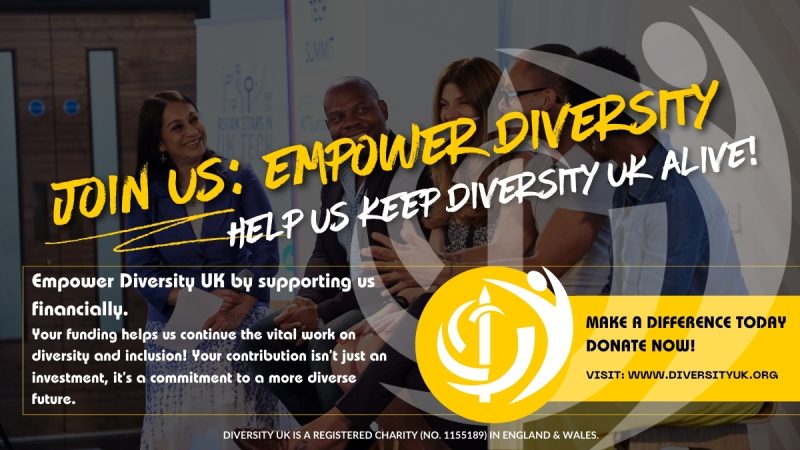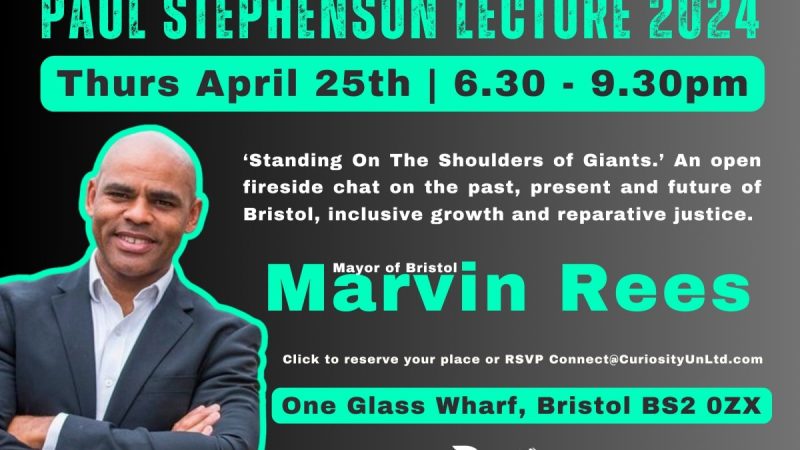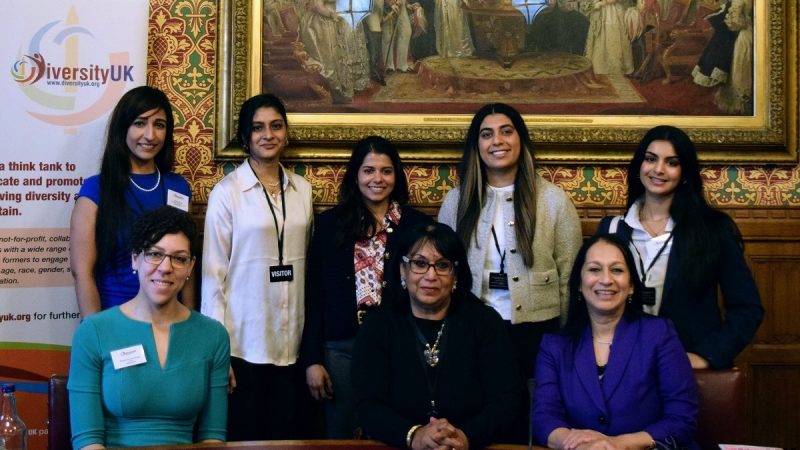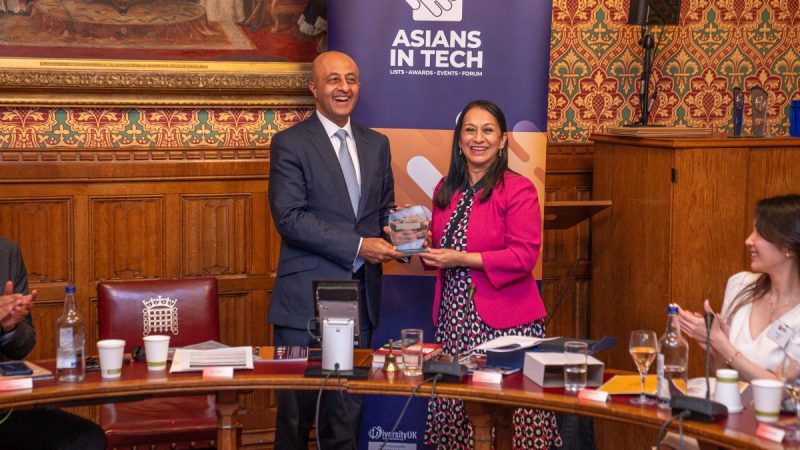Millennial creatives want a collaborative BBC
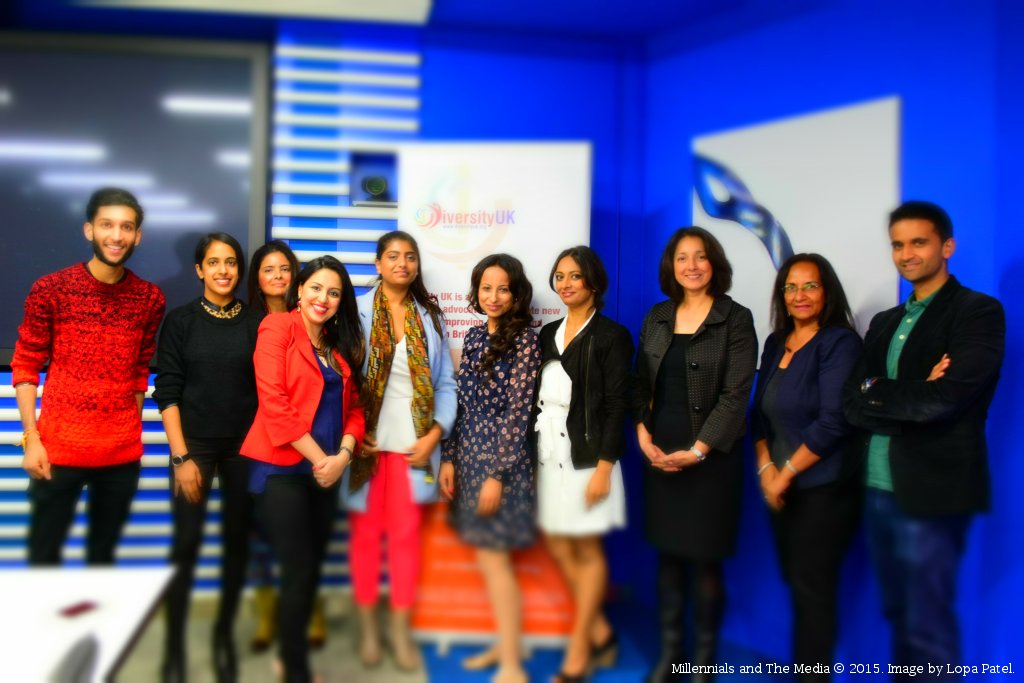
Millennial creatives want an open, transparent and more collaborative BBC to ensure that Britain’s digital media industries continue to innovate and grow at the unprecedented rate of recent years. This was the conclusion from the ‘Millennials and the Media’ roundtable discussion hosted by Diversity UK, in association with Telefonica, on Thursday 1st October 2015 in London. The new breed of young creatives are already building a strong audience following on platforms like Facebook, Youtube and Soundcloud but yearn for the greater demographic reach that the BBC could offer. However, attempts to collaborate or co-create programmes with the BBC often get bogged down in labyrinthine processes and do not progress beyond the discussion stage.
Agility is key in the digital creative industries and the ability to move from concept to finished programme in a few short weeks is necessary for new, disruptive projects. In his speech on Monday 7th September 2015, BBC Director General Tony Hall outlined the Corporation’s plans to become a creative powerhouse for the whole of the United Kingdom, announcing that he wants an ‘open BBC for the internet age’. However many at the roundtable discussion doubted the Corporation’s ability to deliver on that promise. BBC Labs (its digital media accelerator) and BBC Taster (its new programming ideas platform) were both discussed and found to be difficult to navigate for millennial creatives who often struggle to find the right person within the BBC to champion their idea.
The BBC’s commissioning policy also came under criticism with many citing the Corporation’s attempts as “commissioning in silos” i.e. wanting to catalogue or “pigeonhole” programming as catering to the needs of a specific community and then only distributing that content via specific channels like BBC Asian Network or Radio 1Xtra. Millennials often produce cross-cultural and pan age group programming and failed to understand why content needed to be limited in its distribution.
As the BBC strives to be “Britain’s creative partner, to become a platform - a catalyst for this country’s incredible talent”, millennial creatives wanted to know what form this catalysis would take. Would there be talent scouting teams, for example? Would a greater proportion of commissioning be outsourced? Would the BBC iplayer be an open platform for independent content producers to access for distributing their programmes?
Millennial creatives recognise the strength of the BBC as a trusted brand globally and for creating a certain quality of programming although many failed to watch any BBC programme on their television! Much content is consumed by millennials on mobile devices and tablets and the BBC iplayer was seen as a strength in this area. Millennials often consume their news content via aggregators like FlipBoard and Feedly; apps like Vice News or social media sites like Twitter. The impact of closed networks, like video messaging site Snapchat and instant messaging app WhatsApp, is also underestimated - millennials audiences often crave interactivity with news content beyond just liking a link or watching a video. The need to have a conversation about a news story was an interesting theme with other providers like Channel 4 News cited as being more nimble and responsive in this area.
The recent BBC India series demonstrated the huge appetite among mainstream audiences for programming about India, and other cultures, so millennials failed to understand why the BBC was reluctant to broaden the appeal of its ethnic programming content. The repetitive appearances of a few well-known Asian names fronting different programmes was cited as the BBC being risk averse. They were also deemed as perhaps recruiting journalists, presenters and programme makers “in their own image” - perceived as Oxbridge-educated, well spoken individuals - that many Millennials themselves failed to identify with. This was particularly seen as prevalent in its news reporting.
Although BBC news reporting was seen as relatively “safe”, accurate and global; millennials spoke about their preference for the more “gutsy”, “edgy” style of news reporting from Channel 4 news. There were also questions raised about the BBC’s left-wing stance in relation to the environmental concerns, CO2 emissions, Gaza, Yemen and India. Millennials praised the BBC for avoiding “churnalism”, i.e. short, sound-bite news repeated often, but wanted to see a greater range of voices represented in flagship shows like Radio 4’s Today programme, BBC News, Newsnight and Question Time.
The BBC World Service was seen as boring and irrelevant to young Brits although millennials could understand that it might bring a little national pride to the country as a trusted brand overseas. Most had only ever consumed a small proportion of it when on holiday overseas and could not name a single programme from the World Service portfolio.
When asked to describe in one word what millennials want from the BBC, the answers were : collaborative, disruptive, transparent, accessible, open, considerate, daring, ‘real’, inclusive, evolving, enabling and creative.
In summing up the discussion, moderator Shivvy Jervis, Head of Digital Media at Telefonica, said “to change how media owners like the BBC commission content, they need to change how they hire. The BBC and other media owners also need to start co-collaborating with us, as millennial creators and producers will be the life-blood of future programming”.
About the UK Creative Industries
The UK’s creative industries, spanning advertising, architecture, crafts, design, film, games, publishing, museums and galleries, music, technology and television, are an important source of job creation for the UK. Together, they accounted for 1.71m jobs in 2013 or 5.6 per cent of total UK jobs and brought in £76.9 billion to the UK economy, after growing by almost 10 per cent year on year.
For further information visit www.thecreativeindustries.co.uk
About Telefonica
The third largest digital telco in the the world, Telefonica offers best in class mobile, fixed and broadband networks, and innovative portfolio of digital solutions. Telefonica’s reach spans 21 countries and it has a customer base of more than 340 million people. Its main presence is in Spain, Europe and Latin America, where the company focuses an important part of its growth strategy
http://www.telefonica.com | @tefdigital
About Shivvy Jervis, Head of Digital Media - Telefonica
Voted one of 100 people “making digital Britain tick”, Shivvy is a commentator, editor and presenter on how tech is a force for social good. Her YouTube series Digital Futures which focuses on the social impact of technology has a huge following and demystifies digital advances. Her new series ‘The Trailblazers’ will showcase those change makers whose tech ventures have social impact.
http://www.youtube.com/digitalfutures | @ShivvyJervis

